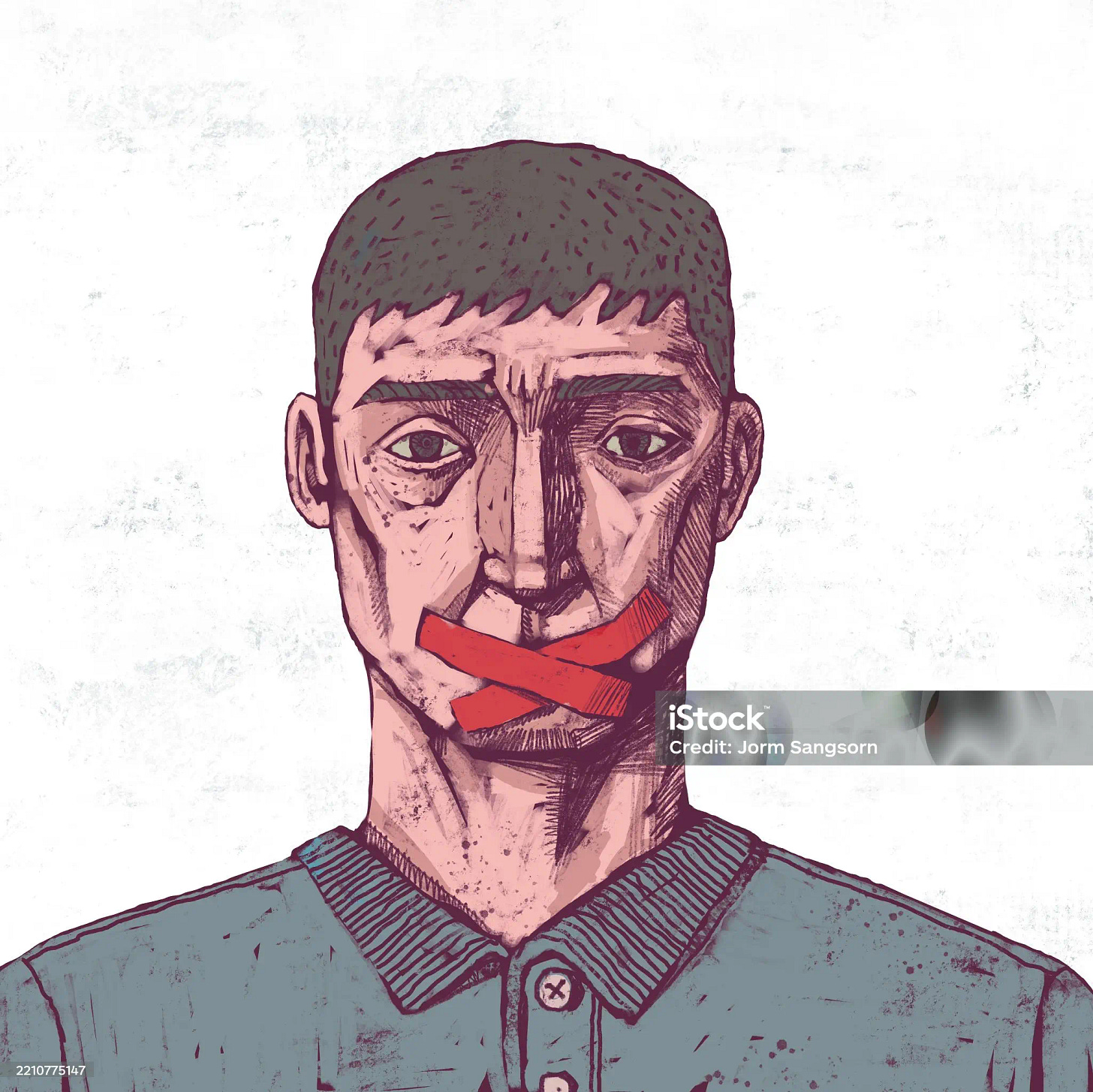Freedom of speech can be an ugly but the alternatives are worse
New laws in Britain highlight the dangers of aiming for a greater good while whitling away fundamental freedoms
Not for the first time and most certainly not for the last the British government is getting itself into a pickle over freedom of speech.
Was it right to clamp down on access to internet sites deemed to be harmful to children? Has criminalizing support for Palestine Action sent the UK down the dangerous path of censorship? Does anyone have the right to no-platform views seen as threatening?
If there were simple answers to these questions, they would not be asked so often. The truth is that there are no simple answers; only the determinedly bigoted and unflinching self-righteous can provide more certainty here.
New legislation requiring age verification for access to internet sites that can exert a malign influence on children has prompted vigorous debate. On one side are supporters of the new law accusing opponents of being accomplices to child abuse. On the other side are those who believe that the new law is open to abuse and ridicule because it will not achieve its stated aims but will threaten freedom of speech.
Amidst this fury there is (or at least I hope there is) agreement that it is not a good thing for children to be exposed to pornography, misogyny and graphic depictions of violence. What is in dispute are the means of so doing.
It was easier to impose controls in the pre-internet age but there is no going back now. So, we are stuck with the fact that controlling the vast internet outpouring of good and bad stuff is infinitely more difficult.
This new age verification law underlines the problems. It appears, for example, that is has limited access to Wikipedia and to other unthreatening websites. There may be a technological fix here or free speech absolutists might have a point about slippery slopes.
The writer Timothy Garton Ash pertinently asked: ‘how to strike the balance between free speech and mutual respect in this mixed-up world, both blessed and cursed with instant communication? We should not fight fire with fire, threats with threats’.
The reality is that fighting the good fight over obvious internet harms is ultimately undoable without trampling over freedoms and rights which also need to be protected.
What about views held to be obnoxious or dangerous? This question has been brought into sharp focus by the government’s decision to designate Palestine Action as a terrorist organisation, making it illegal to offer support. This grouping certainly has members who admire the terrorist Hamas group and it has rather more supporters who do not.
The old adage about one person’s terrorist being another’s freedom fighter certainly applies here.
Israel has had two prime ministers who were members of groups declared to be terrorists by the British government. Menachem Begin was a leader of the Irgun and Yitzhak Shamir was part of the even more extremist Stern Gang. Benjamin Netanyahu leads the Likud party which is a linear descendent of the Irgun. So, should a ban also have been imposed on supporting Likud?
As someone who has a visceral dislike of both Likud and Hamas, should I therefore support their adherents being banned from speaking in public?
Or should I take the view that defeating obnoxious political ideas is best achieved in the open battle for public opinion? If a case cannot be made against these ideas what does that say about the strength of the counter arguments.
But, let’s make this discussion more difficult by asking whether those advocating racist views should be at liberty to air them? This is difficult but not impossible to sort out in societies that have laws to punish advocates of race hatred for causing potential or actual harm.
In other words free speech cannot be absolute and those seeking to have it curtailed tend to focus on the idea of preventing harm. But even this is far from simple as identifying which forms of speech lead to harm is a really tricky business.
My inclination is to stand on the side of those who want to see free speech exercised to its very limits and to only tolerate exclusions on a highly selective basis.
This view is strongly influenced by having lived in Hong Kong where free speech flourished until it was taken away by edict of the Chinese Communist Party acting through its local Quislings. It is easy to be complacent about freedoms right up to the point where they disappear and you sit in jail contemplating what has been lost.
It is precisely for this reason that I no longer live in Hong Kong and keep a very watchful eye on anyone airily advocating clamping down on freedom of expression.




